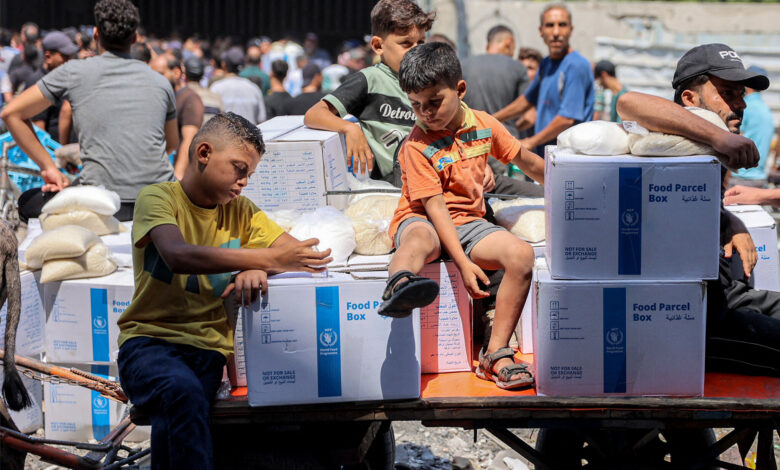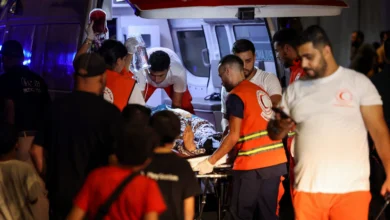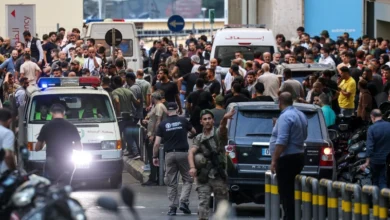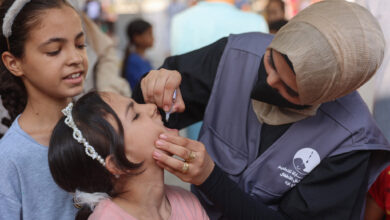Israel Agrees to Three Days of Humanitarian Pauses in Gaza for Polio Vaccinations

The UN health agency WHO has reported that Israel has offered to accept a ceasefire of three days in Gaza every three days to allow polio immunization by the UN health workers. The vaccination campaign is expected to start on September 1 in the central area of Gaza, with a later break in the vaccination process for the southern and northern regions. These pauses are essential to keep more than 640,000 children in Gaza safe from the type-2 poliovirus, which is a deadly strain that causes paralysis deformities and is potentially fatal.
The WHO’s debuting representative, Rik Peeperkorn, also stated he responded to the agreement’s details, and Israel positively agreed to an extra day if required to administer the vaccinations. Nevertheless, no statement from the Israeli authorities can still be seen concerning the deal reached; Prime Minister Benjamin Netanyahu further explained that such measures do not amount to a cease-fire. Both the UN members and non-members have come out in a show of support for the humanitarian ceasefire, with the Gaza Strip’s Hamas not being an exception.
The need to support the vaccination campaign can be explained by recent cases that occurred in the Gaza Strip, where the first polio case in 25 years was identified in a 10-month-old child with no history of vaccination. The United States and the European Union have both troubled the return of polio in the region.
Poliovirus is transmitted through sewages and watering systems, and the latter has been a major problem in Gaza as war conflicts have vigorously destroyed the structures. The disease mainly impacts the population of children below the age of five; hence, there is a need for a vaccination campaign to mitigate further occurrences of the disease in strife-ridden geographical locations.
The humanitarian pauses come at a critical time since infrastructure has deteriorated in Gaza, which worsens diseases such as polio among the population. As the infrastructure of water and sanitation systems is further exacerbated due to the ongoing conflict in large parts of the territory, the chances of poliovirus transmission are rising. Lack of clean water and proper sanitation has contributed to the virus’s spread, which is why vaccination is essential. WHO activities are not intended to stop only the present epidemic but also to avoid subsequent large-scale health problems in the populated area.
Nevertheless, these interruptions are temporary, and the ongoing conflict remains a significant threat to the health care system in Gaza. Of course, the vaccination efforts are a much-needed intervention; however, they only remind us of the current state of humanitarian crisis in the region.
It demonstrates that the international community must continue supporting and intervening to solve the causes of Gaza’s unfavorable health circumstances. Due to the lack of a durable solution to the conflict and basic infrastructure reconstructed in Gaza, the suffering population is unable to distance itself from future epidemics and other tasking adversities.




